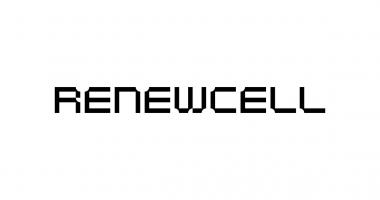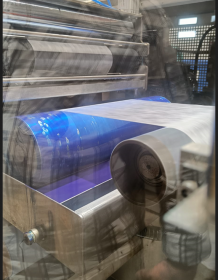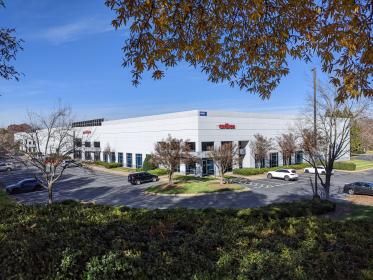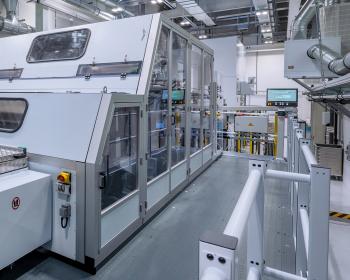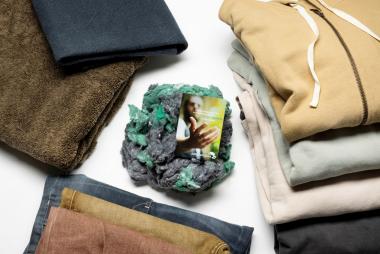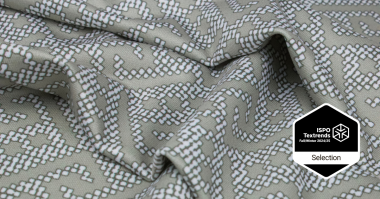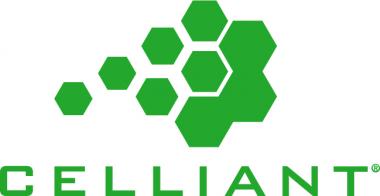LOI between Renewcell and Chinese Lyocell Fiber Producer CTA Green Fibre
The Swedish textile-to-textile recycling innovator Renewcell has signed a Letter of Intent with China Textile Academy Green Fibre Co. Ltd., an Chinese lyocell fiber producer, concerning a long-term commercial collaboration around man-made cellulosic fiber production.
The LOI provides the framework for an upcoming offtake agreement between the parties. The future legally binding offtake agreement will set out commercial terms for the delivery of 18,000 tonnes of Circulose® dissolving pulp to CTA Green Fibre over five years. CTA Green Fibre intends to use Circulose® as feedstock in the production of lyocell fibers to be supplied to textile manufacturers and fashion brands worldwide.
The agreement affirms the two companies’ intent to work together to supply lyocell textile fibers made using Circulose®, the 100% recycled textile pulp made by Renewcell, to global fashion brands in the coming years. The agreement has been facilitated by Ekman Group, Renewcell’s exclusive global trading partner.
Patrik Lundström, Renewcell’s CEO, commented: ”With this agreement, we take a new step in demonstrating the applicability of Circulose® in commercial-scale production of lyocell fibers. Lyocell is a high quality, low-impact fiber using closed loop production process which is highly sought after among our fashion brand partners that will now soon be available incorporating Circulose® recycled from textile waste. I am impressed by the innovative capacity and leadership of CTA Green Fibre and look forward to working together with them to make fashion circular together.”
Re:NewCell AB


